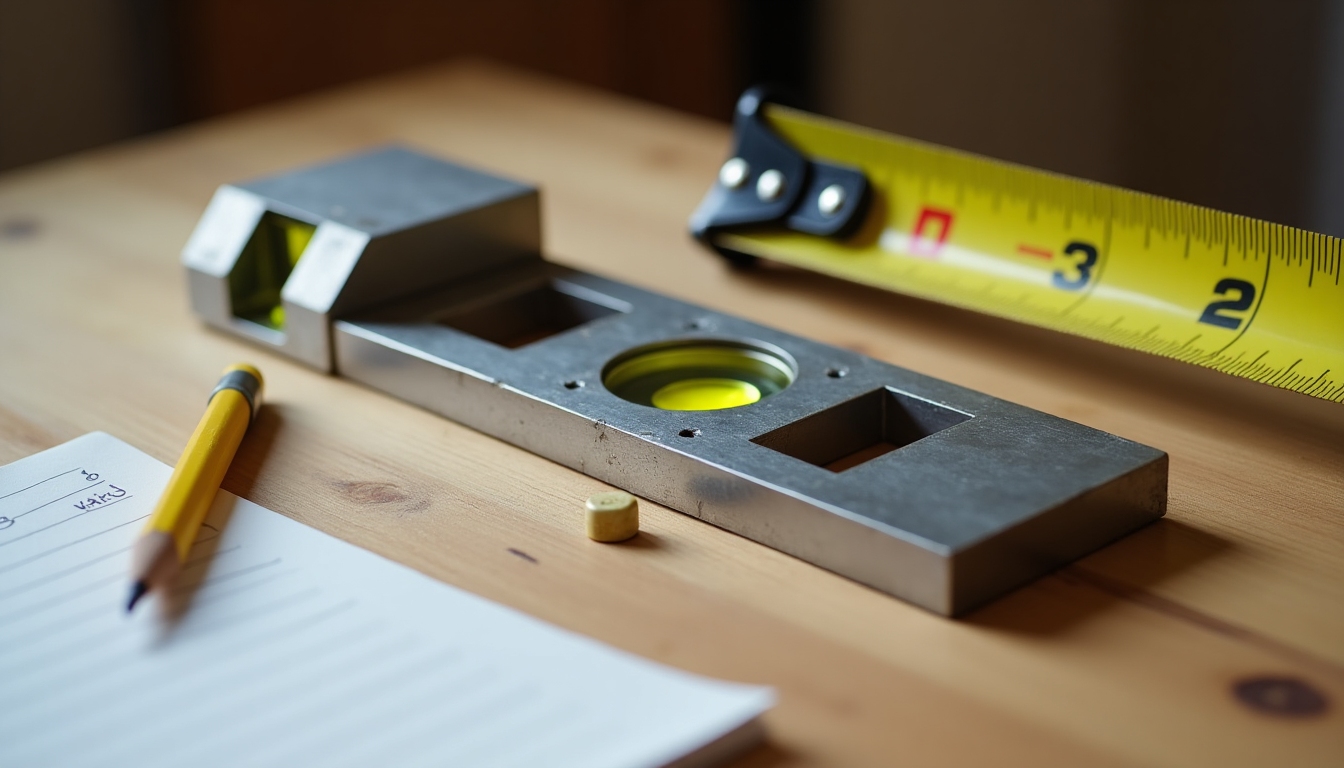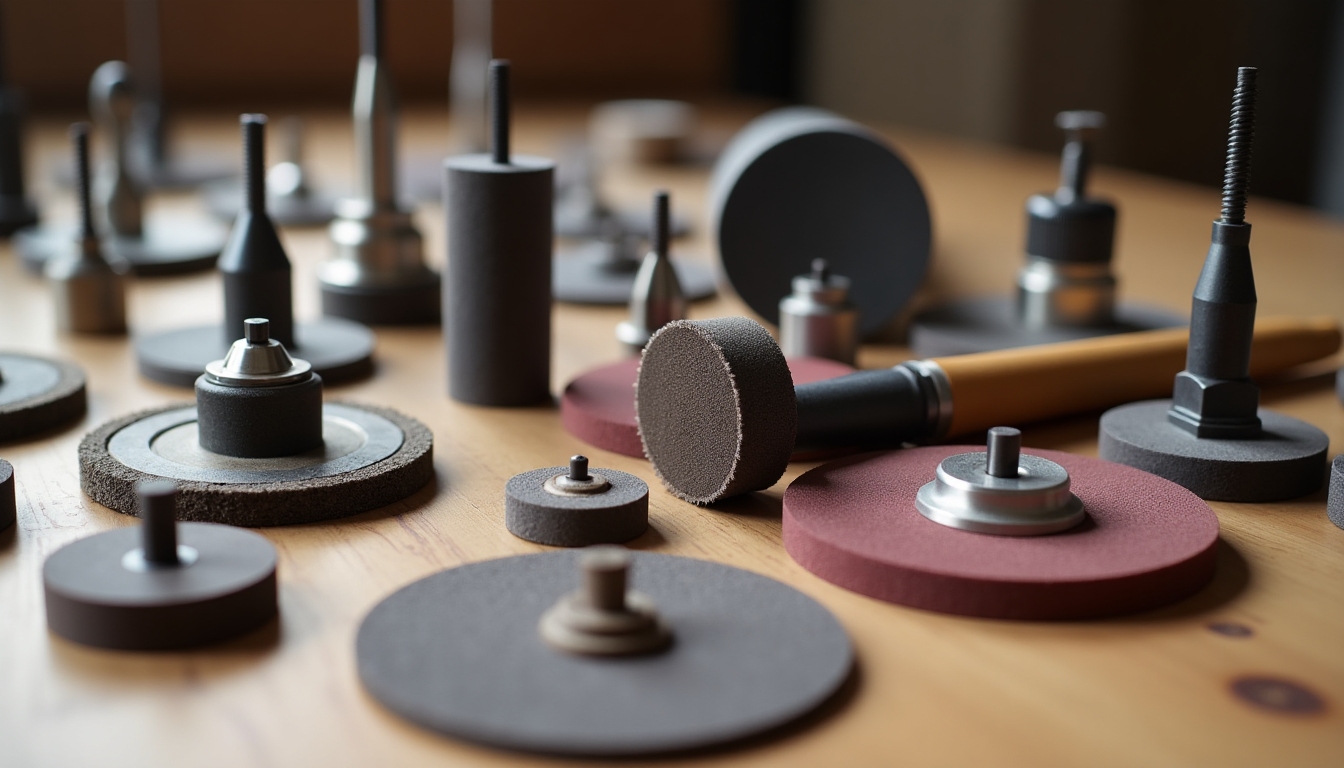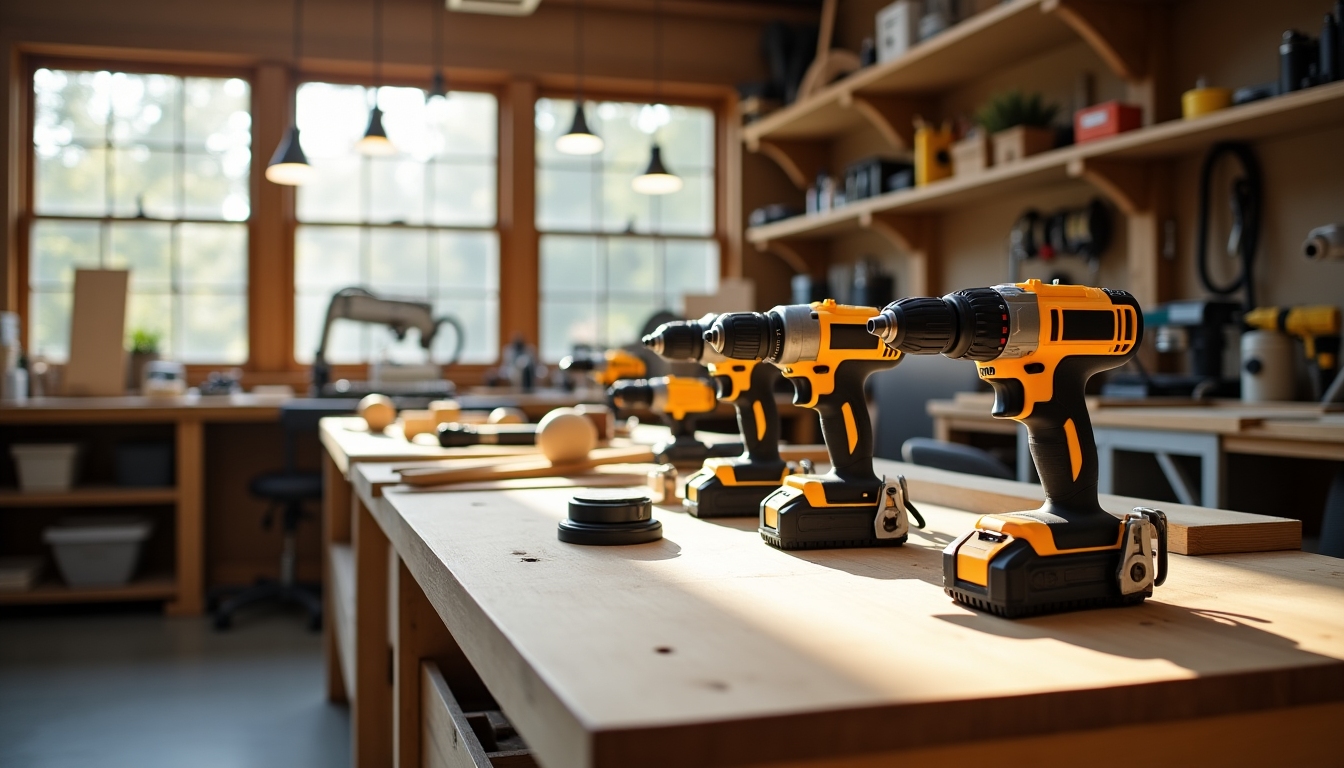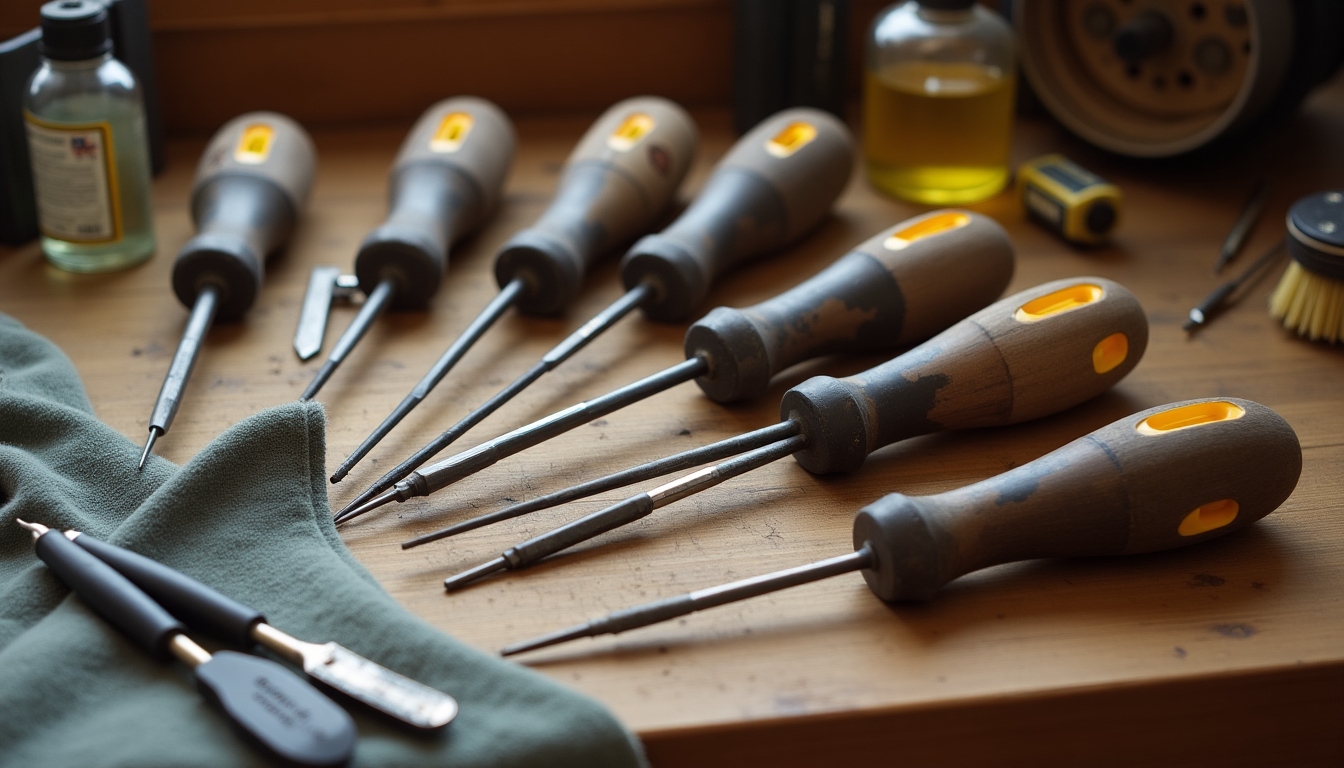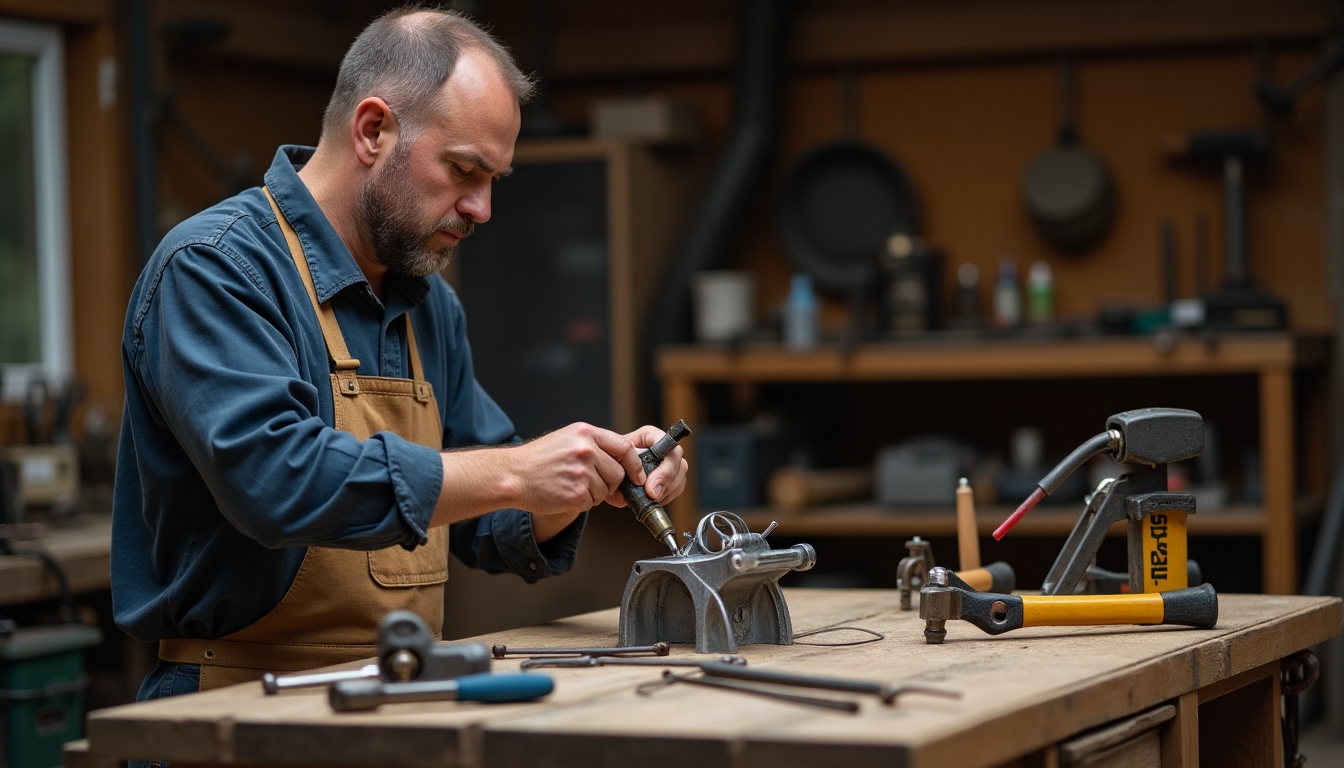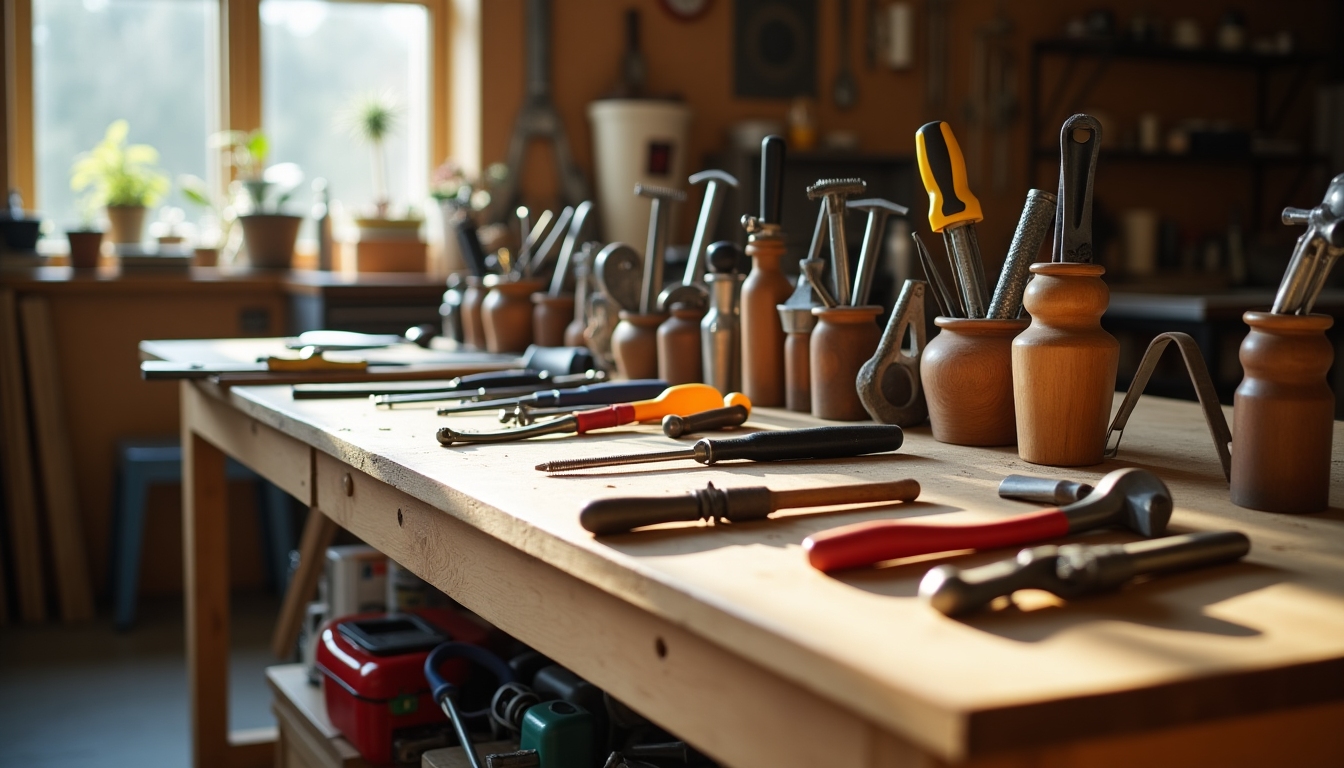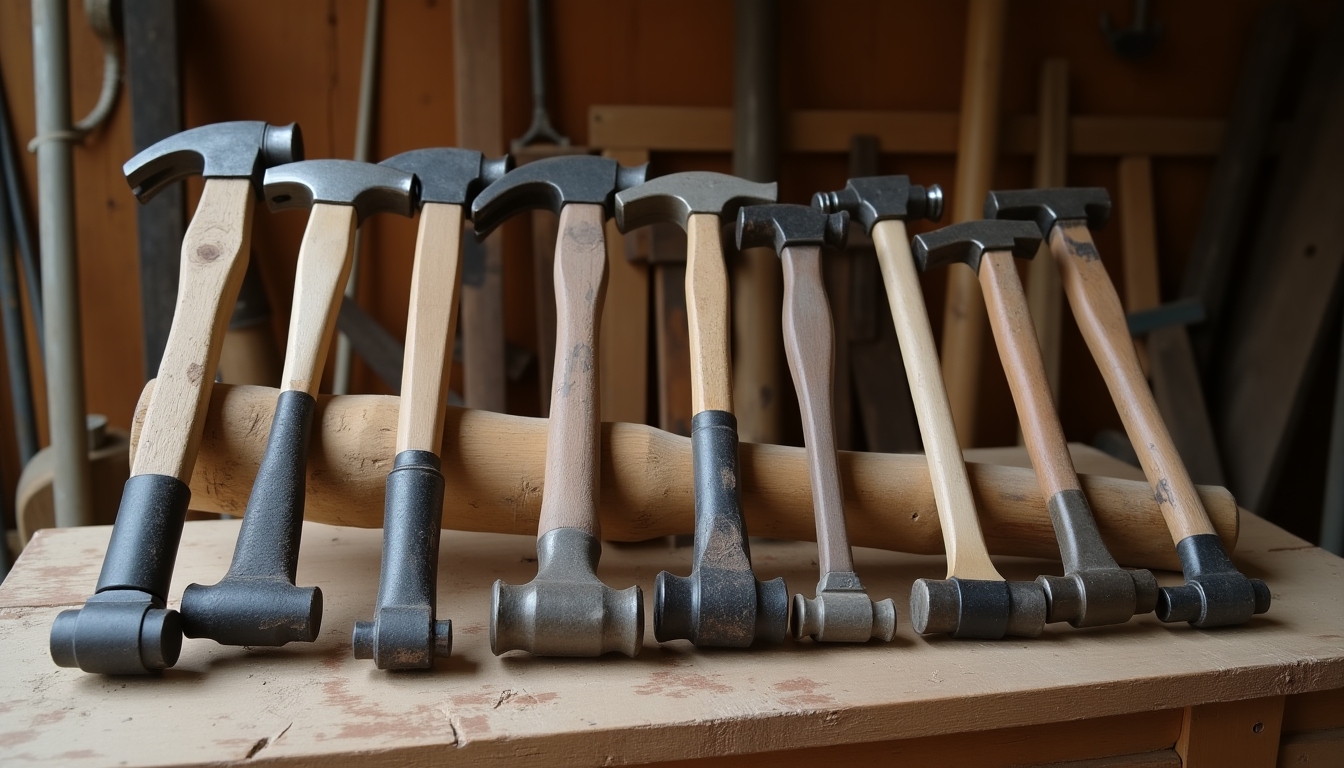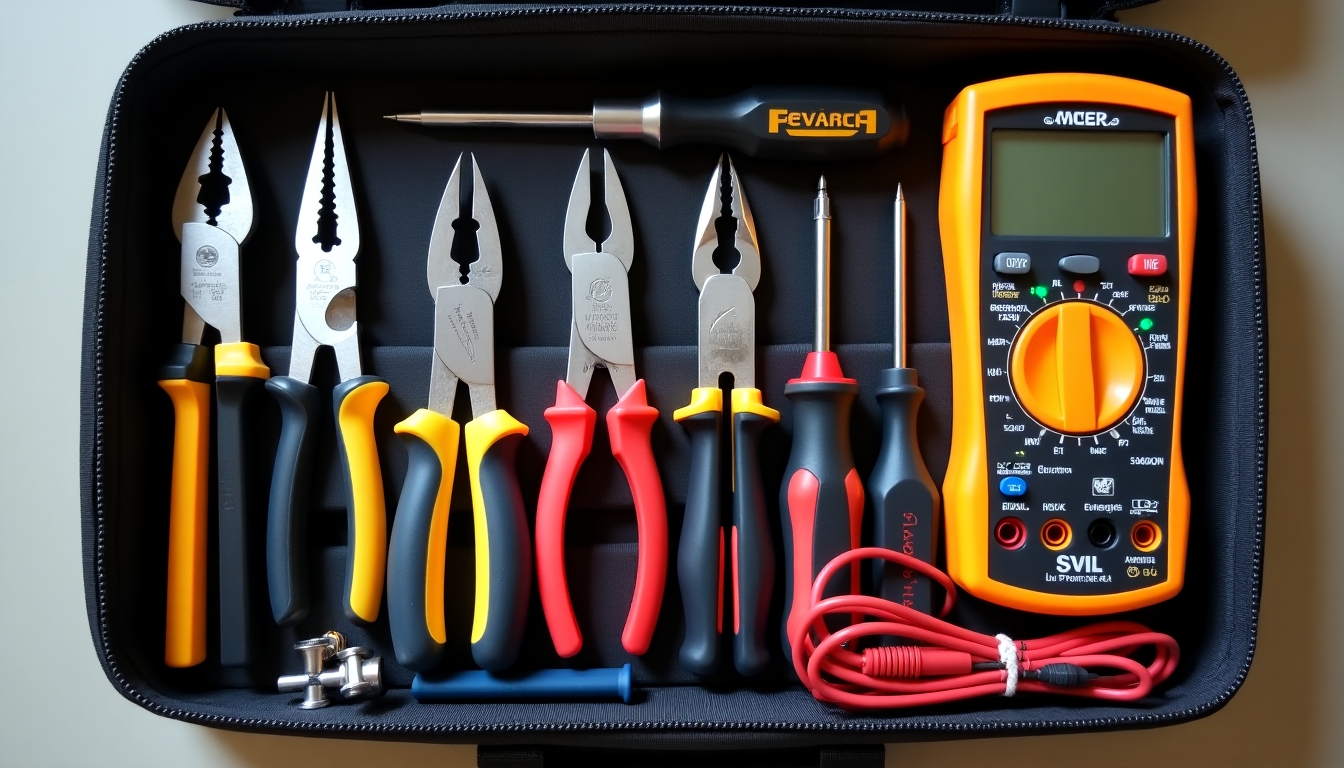Whether you’re a seasoned mechanic or a weekend DIYer, having the right hand tools makes all the difference in automotive repairs. This guide dives into the must-have hand tools for mechanics, covering everything from wrenches to specialty items that keep your work smooth and efficient.
Hand tools are the foundation of any mechanic’s toolkit. These are tools you operate by hand—no cords or batteries needed. They help with tasks like tightening bolts, cutting wires, or measuring parts. Their simplicity and reliability make them essential workman tools for any job.
Fastening Tools
Fastening tools handle bolts, nuts, and screws—tasks you’ll face in nearly every repair. Here’s what you need:
1. Wrenches
Wrenches are a mechanic’s best friend. You’ve got open-end wrenches for quick access, box-end wrenches for a solid grip, and combination wrenches that do both. Adjustable wrenches fit various sizes but can be bulky. A solid set from 8mm to 19mm or 5/16" to 1" covers most cars.
I swear by ratcheting wrenches. They’ve saved me hours in cramped engine bays where a full turn isn’t possible.
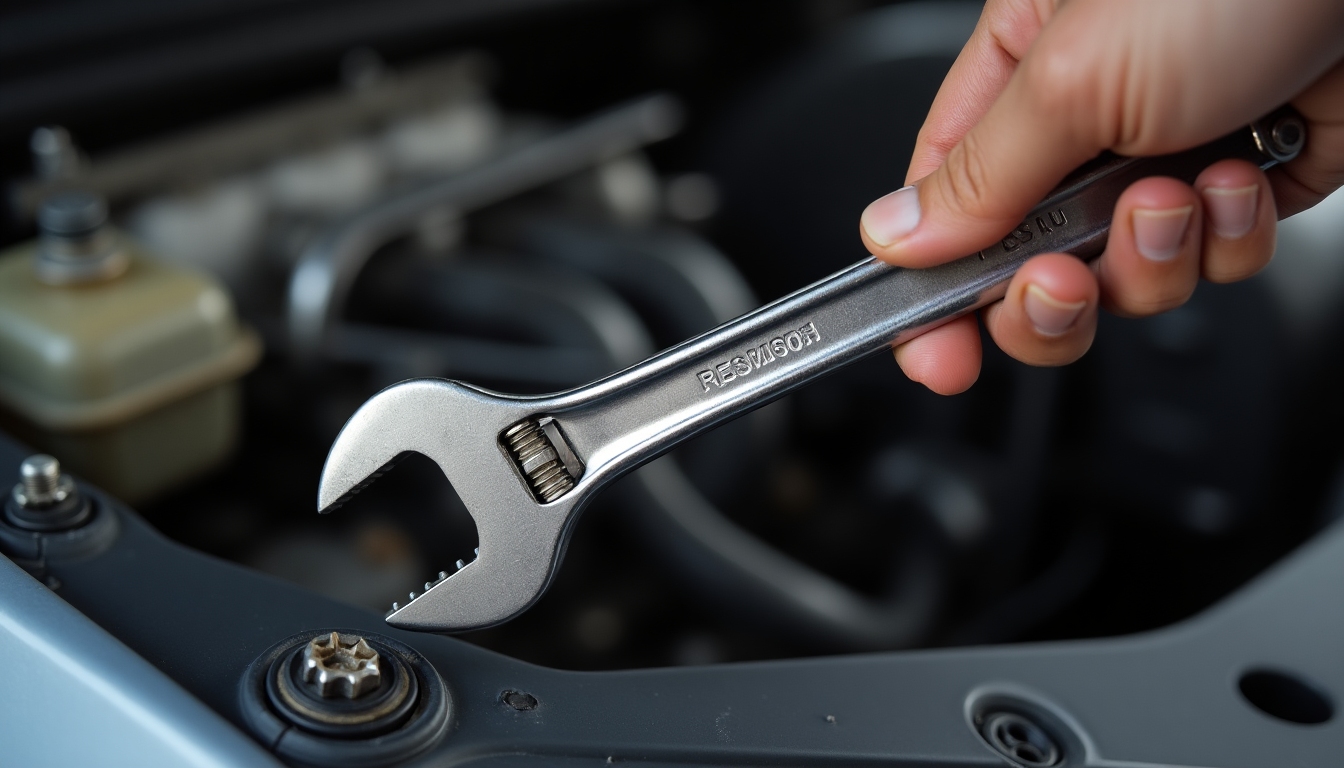
2. Sockets and Ratchets
Sockets fit over fasteners and pair with a ratchet handle for fast turning. Get a set with metric and SAE sizes—shallow for easy spots, deep for long bolts. Six-point sockets grip better; 12-point ones work in tight spaces. Add extensions for those awkward angles.
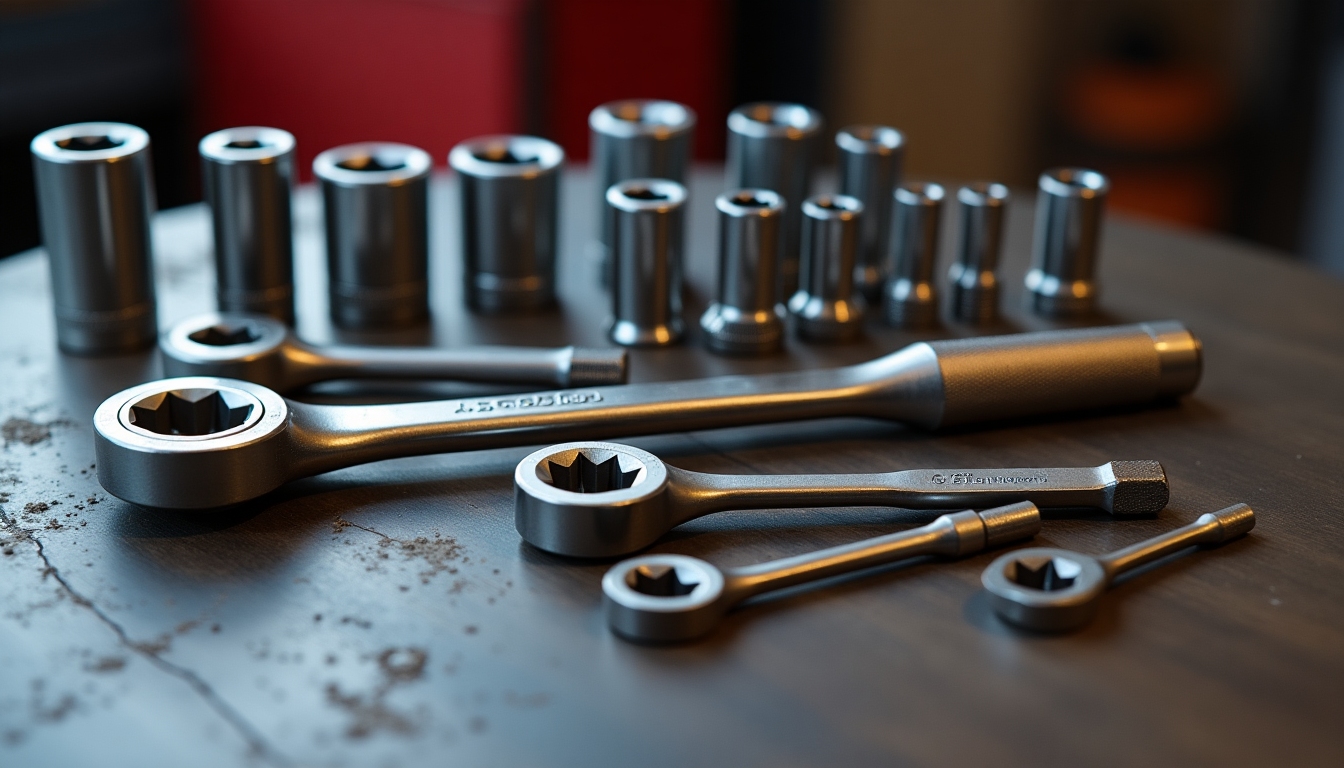
3. Screwdrivers
Screwdrivers tackle screws of all kinds. You need flathead and Phillips in multiple sizes. Magnetic tips stop screws from falling into dark corners. A good grip matters too—you’ll use these a lot.
Once, I lost a screw in an engine bay. Took me two hours to fish it out. Now, I only use magnetic ones.
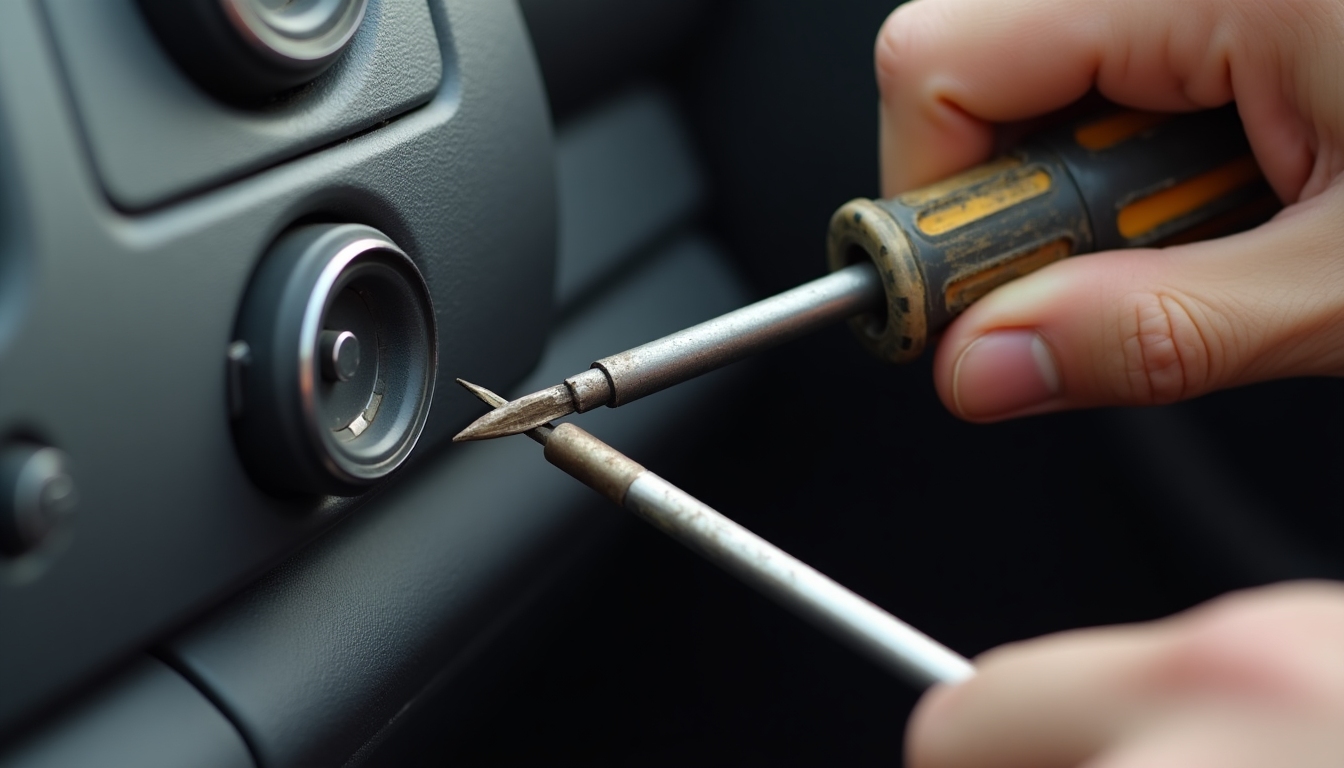
Cutting Tools
Cutting tools slice through wires and metal. Here’s what belongs in your kit:
1. Pliers
Pliers grip, twist, and cut. Needle-nose pliers reach tiny spots, diagonal cutters snip wires cleanly, and lineman’s pliers handle tougher jobs. Keep a mix handy for versatility.
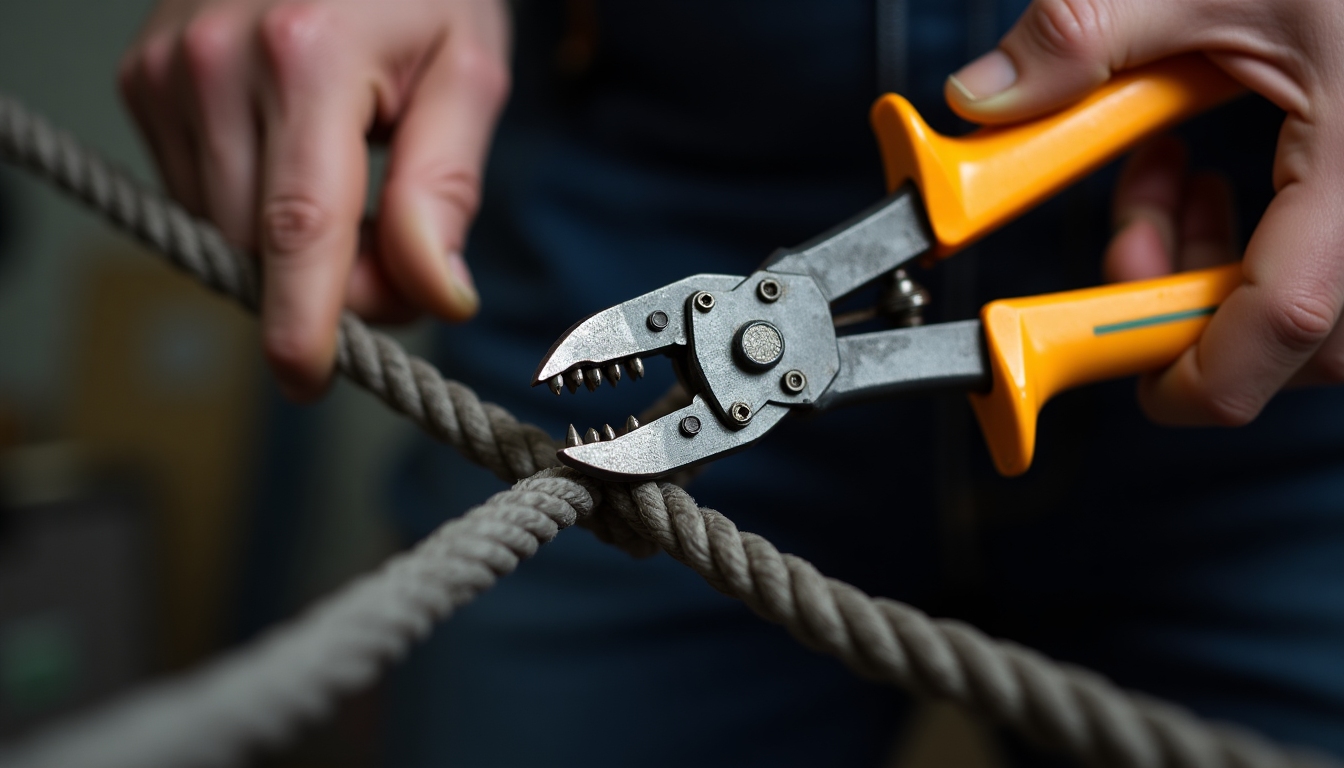
2. Hacksaw
A hacksaw cuts metal like pipes or bolts. Pick one with a solid handle and extra blades. It’s slow but gets the job done when nothing else will.
Measuring Tools
Precision matters in repairs. These tools keep your measurements spot-on:
1. Tape Measure
A tape measure handles big lengths—think hoses or belts. Get one with metric and imperial markings and a lock to hold it steady.
2. Calipers
Calipers measure small stuff exactly, like bolt diameters or brake parts. Digital ones show numbers clearly and save time figuring out tiny lines.
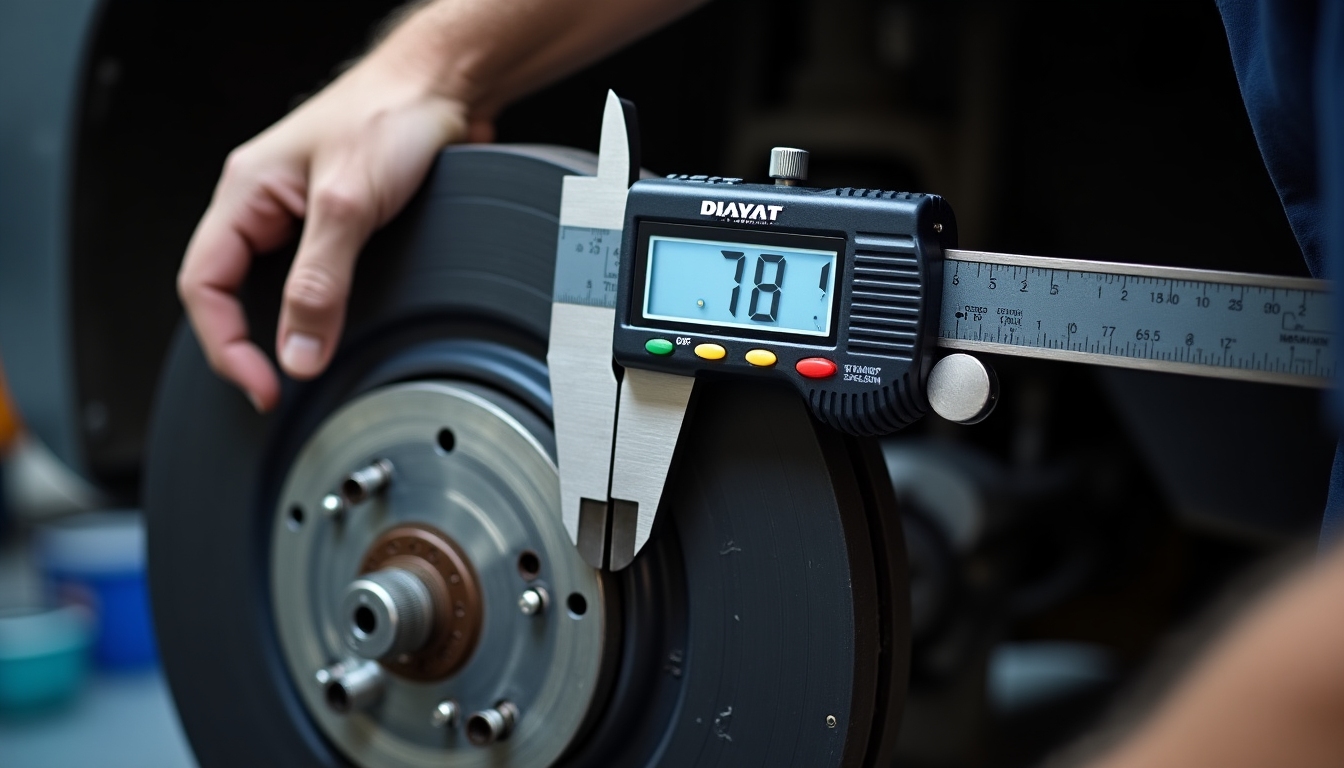
Striking Tools
Sometimes you need force. Striking tools deliver it without fuss:
1. Hammers
A claw hammer pulls nails and taps parts, while a ball-peen hammer shapes metal. Both have their place in your toolbox.
2. Mallets
Rubber mallets hit without scratching. They’re perfect for nudging parts into place, like bearings or trim.
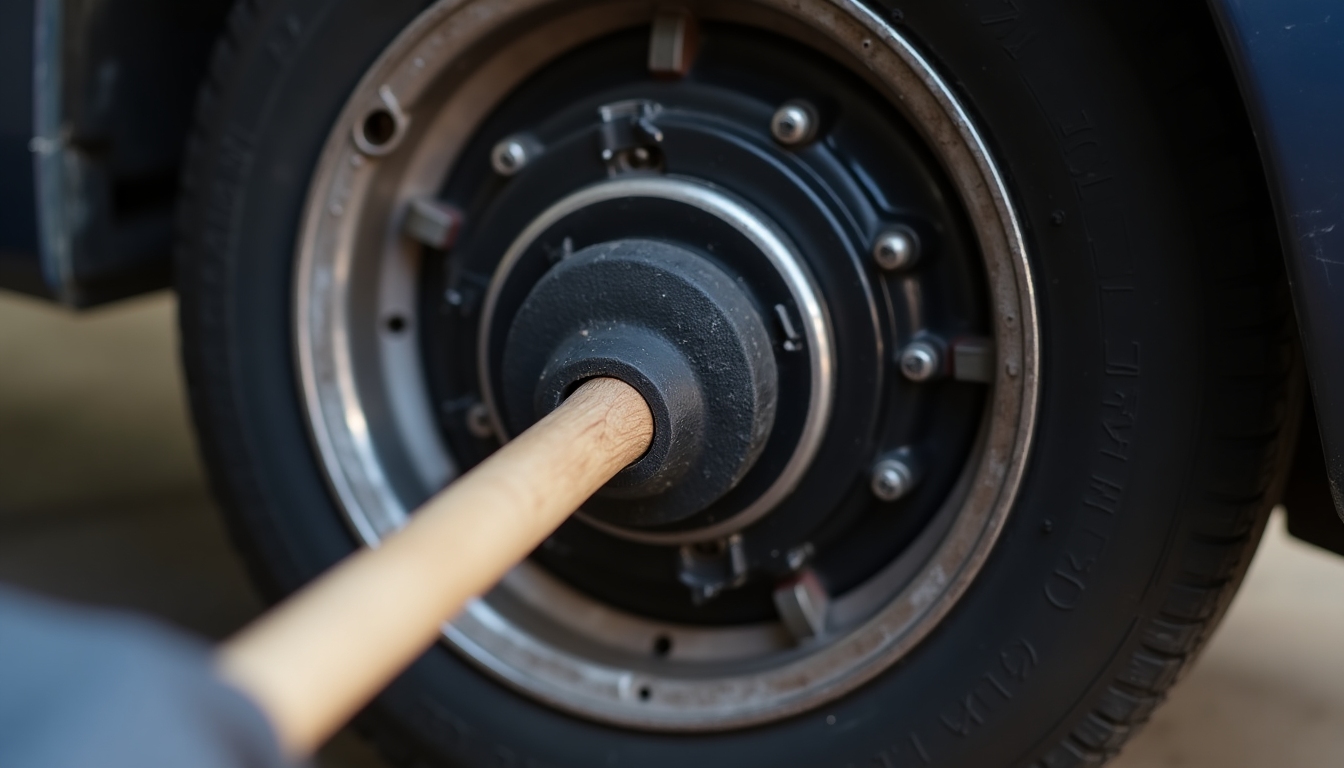
Specialty Tools
These aren’t daily drivers but save the day for specific jobs:
1. Torque Wrench
A torque wrench tightens bolts just right—not too loose, not too tight. Torque means twisting force, and car makers say how much each bolt needs. I skipped it once and snapped a bolt. Never again.
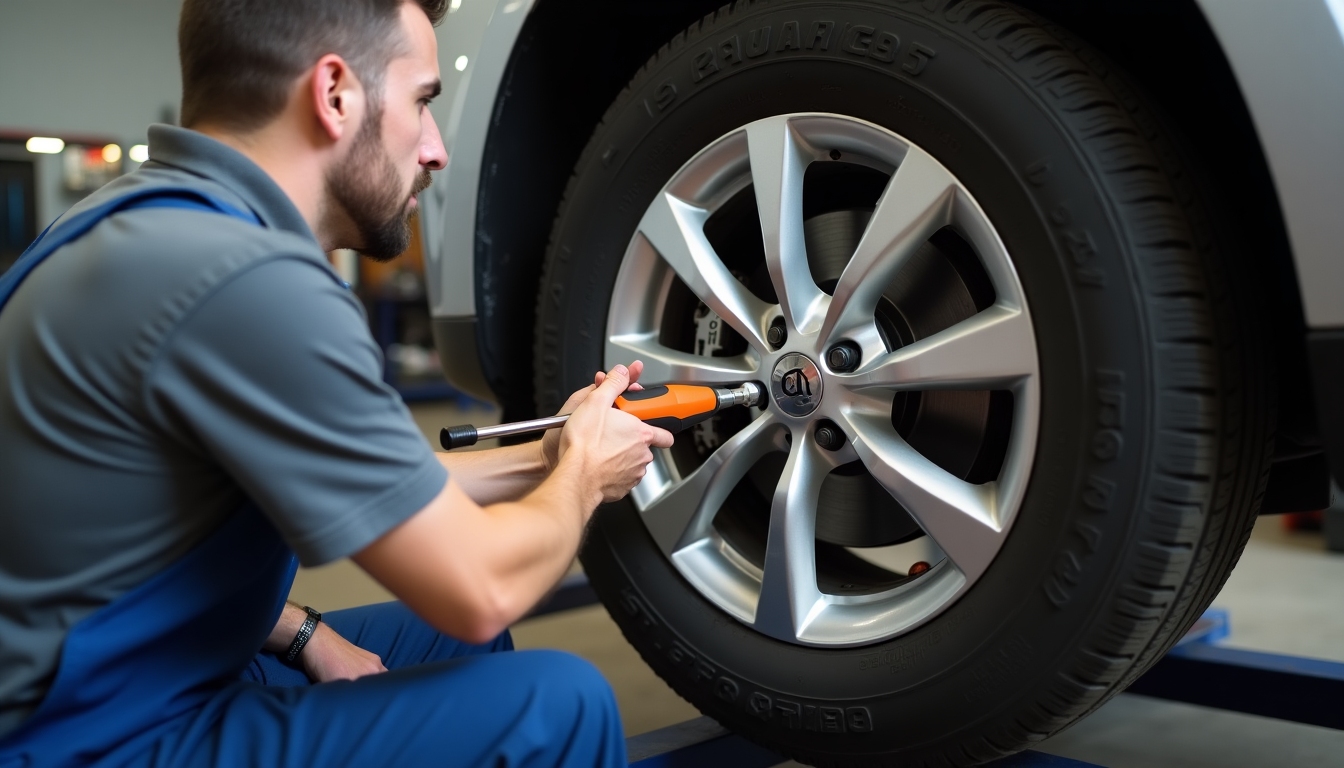
2. Pry Bars
Pry bars lift or separate stuck parts. A set of sizes—from small to hefty—handles everything from trim to engine bits.
3. Allen Wrenches
Allen wrenches, or hex keys, fit hexagonal bolts. Keep a full set; you’ll need them for odd fittings.
Extra Must-Haves
Round out your kit with these handy additions:
1. Chisels and Punches
Chisels cut metal; punches mark it or drive pins. A small set tackles random fixes.
2. Files
Files smooth edges or shape metal. Flat, round, and half-round types cover all bases.
Keep It Together
A good toolbox isn’t just about the tools—it’s about finding them fast. Drawers and slots beat a messy pile any day.
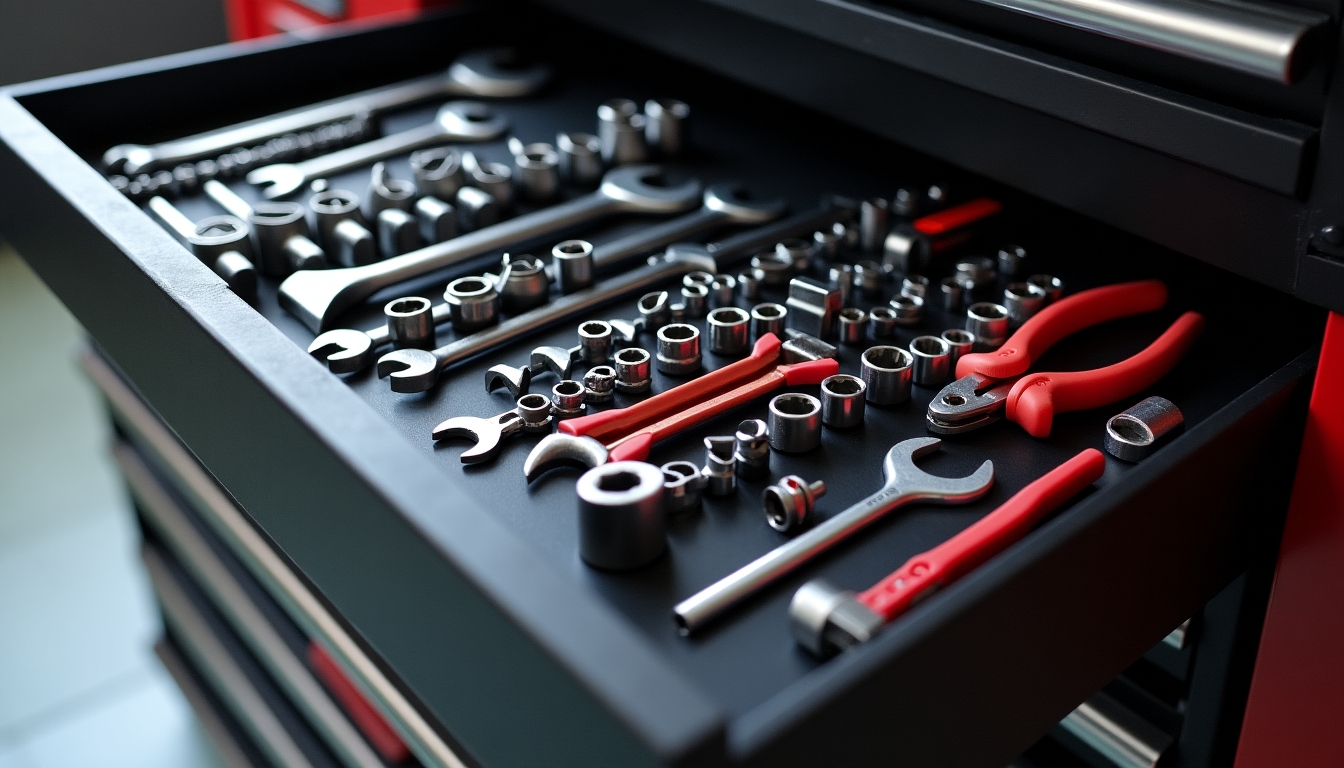
Quality counts too. Cheap tools snap or strip, costing you time and money. I had a budget socket crack mid-job once—nearly wrecked a part. Spend more on stuff like chrome vanadium steel. It lasts.
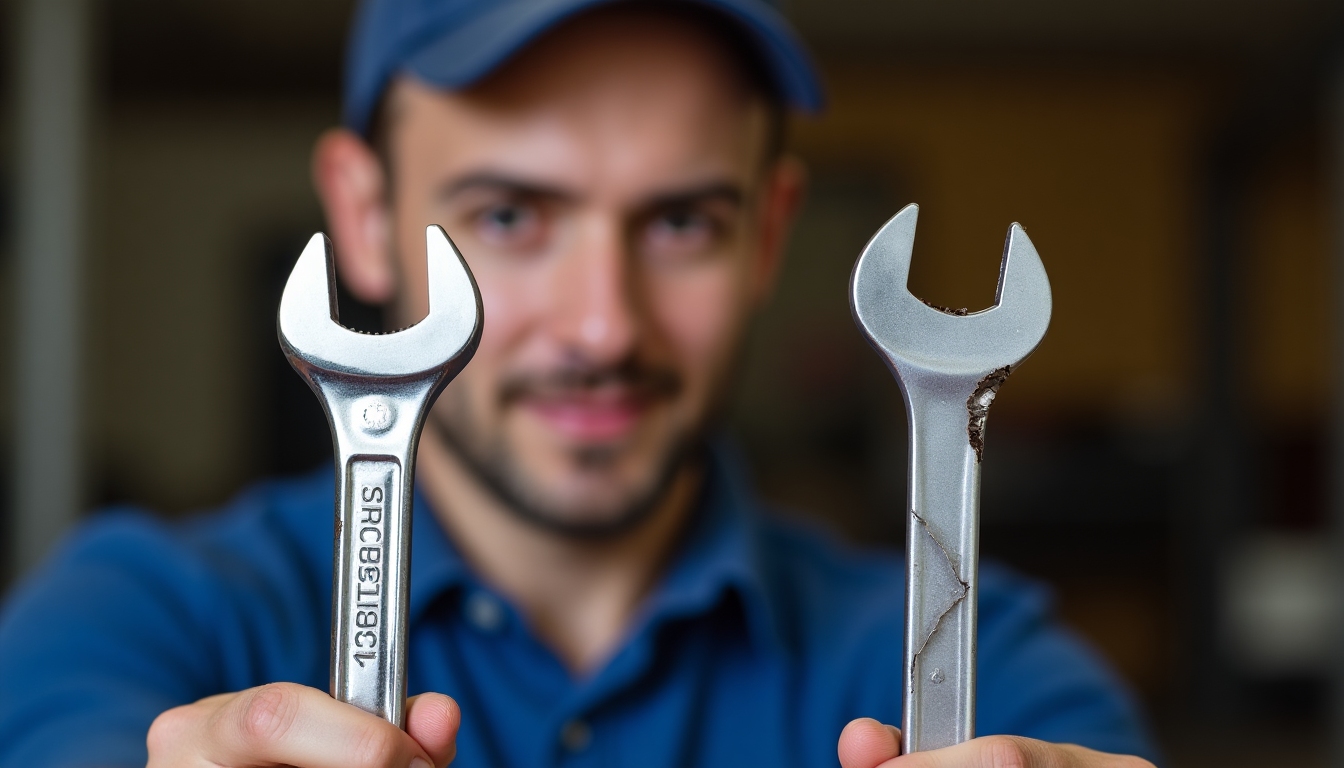
In short, the must-have hand tools for mechanics—like wrenches, sockets, and pliers—build a solid toolbox. Add quality and organization, and you’re set to fix anything with confidence.
Related must-have hand tools for mechanics:
- Staying Safe with Hand Tools
- The Ultimate Guide to Tool Belts with Ergonomic Designs
- Essential Workman Tools: Must-Haves for Every Toolbox
- Mastering Rotary Tool Accessories and Attachments
- The Ultimate Guide to Power Tools for Woodworking Enthusiasts
- Top Screwdriver Maintenance Tips
- Power Washer Maintenance Tips
- Features to Look for in a Workbench
- Essential Tool Maintenance and Care Tips
- Choosing the Right Hammer for Your Projects
- The Essential Guide to Electrical Tools
- Workman Tools for Automotive Repair


